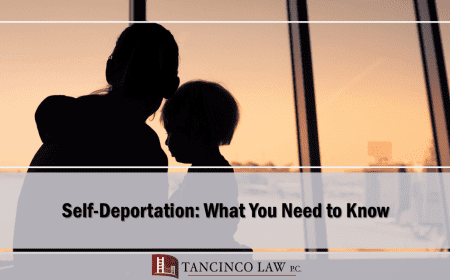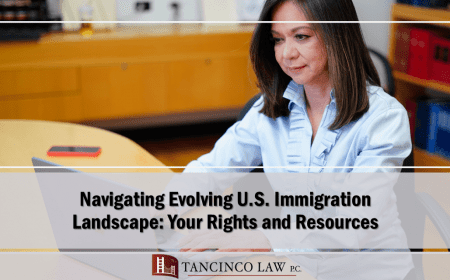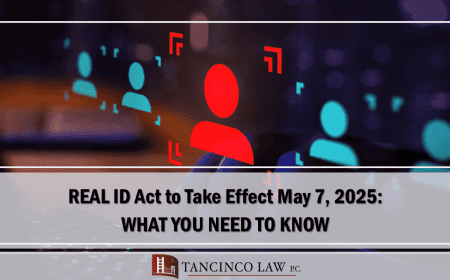On April 17, 2018, the U.S. Supreme Court rendered a decision in the case of Sessions v. Dimaya ruling that the definition of the crime of violence as an aggravated felony is void for being vague. The Respondent (deportee) in this case is James Dimaya who is a Filipino citizen and a lawful permanent resident of the United States. Mr. Dimaya’s deportation case was terminated as a result of the Supreme Court ruling.
James Garcia Dimaya, who is citizen of the Philippines, was admitted to the United States as a lawful permanent resident in 1992. In 2007 and 2009, Dimaya was convicted under the California Penal Code for first-degree residential burglary; both convictions resulted in two years’ imprisonment. Under the Immigration and Nationality Act (INA), a non-citizen convicted of an aggravated felony is subject to deportation.
The INA definition of aggravated felony includes a ‘crime of violence,’ which is any offense that involves the use or substantial risk of physical force against another person or property. The Department of Homeland Security (DHS) subsequently initiated deportation proceedings against Dimaya and claimed that his burglary convictions constituted crimes of violence under the Act. The Immigration Judge held that Dimaya was deportable and that burglary constitutes a crime of violence because it always involves a risk of physical violence. The Board of Immigration Appeals (BIA) affirmed. On appeal to the U.S. Court of Appeals for the Ninth Circuit, the definition of crime of violence was struck down as being vague. The Supreme Court ruled the same way stating that the crime of violence provision was unconstitutionally vague and could therefore not be a basis of the deportation or removal.
Since the decision was rendered last week, several questions were raised by those who may potentially be affected by this Supreme Court ruling.
Among these questions are the following:
Why did majority the Supreme Court Justices rule in favor of the immigrant in this case?
Interestingly in this 5-4 ruling, the arguments raised were regarding a constitutional protection that is extended to immigrants or non citizens. The issue that was resolved was whether the law in question which is the definition of a crime of violence under 8 USC 16(b) met the constitutional standard for due process and that accused is aware of the conduct that is proscribed by the statute. If it is not then it is considered void for vagueness. After hearing the arguments, majority of the justices ruled that the definition of a crime of violence is unconstitutionally vague and therefore this particular provision may not be used as basis to deport an immigrant.
Clearly this is a precedent case decided by the Supreme Court – who will benefit from this decision?
This is a deportation/removal case where the basis for removal is a criminal conviction relating to a crime of violence as an aggravated felony. This decision affects favorably those who are charged with removal based on crime of violence as in this case which is the crime of burglary.
What is the impact of this Supreme Court decision on future removal/deportation cases?
Those who are similarly situated as Dimaya – meaning those who are being charged with deportation because of a “crime of violence” – may have their cases revisited, reopened and terminated. Again this case affects those who are in removal proceedings because of the vague definition of “crime of violence” under 8 USC 16(b). It does not affect those aggravated felonies where the definition is contained elsewhere in the Immigration and Nationality Act.
(Atty. Lourdes S. Tancinco is a San Francisco based immigration lawyer and immigrant’s right advocate. She may be reached at law@tancinco.com, facebook.com/tancincolaw, or 1 888 930 0808)




